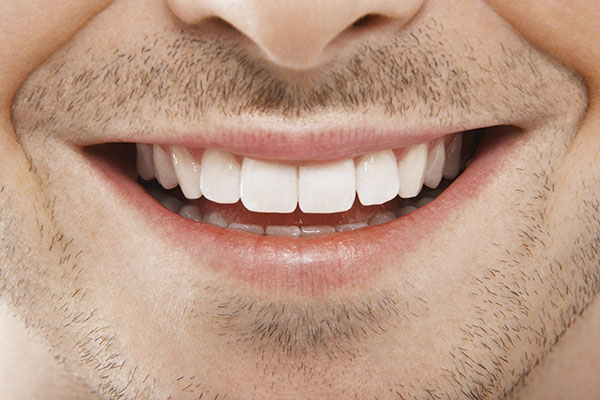 Bleeding gums are the most common oral health issue that people experience. You might think you can ignore your bleeding gums or think the issue is not serious. Research shows that your periodontal health does impact your health in other ways. Often bleeding gums is the most obvious sign that all is not well in your mouth. Bleeding gums are not a normal part of oral health and are a sign that something is wrong.
Bleeding gums are the most common oral health issue that people experience. You might think you can ignore your bleeding gums or think the issue is not serious. Research shows that your periodontal health does impact your health in other ways. Often bleeding gums is the most obvious sign that all is not well in your mouth. Bleeding gums are not a normal part of oral health and are a sign that something is wrong.
Stages of periodontal disease
Many issues can cause bleeding gums. The most common is gum or periodontal disease. Almost half of all adults over the age of 30 have some form of periodontal disease. Increasing evidence suggests periodontal disease affects more than teeth and gums. Researchers have linked it to heart disease and other more serious conditions. People often do not have pain with bleeding gums.
The mildest form of periodontal disease is gingivitis, and it is common in adults. People with gingivitis may have red and swollen gums. The gums may bleed during brushing or flossing. In gingivitis, plaque accumulates along the gumline. Poor or improper brushing and flossing cause this plaque buildup. Bleeding gums due to gingivitis are reversible.
Periodontal disease can be slight, moderate, or advanced. Only slight periodontal disease, which is also called gingivitis, is completely reversible. Periodontal disease not only affects the teeth and gums but can also damage the bone. Periodontal disease is manageable, and symptoms like bleeding gums are treatable. Many people do not realize they have periodontal disease until it has advanced. The gums can bleed and pull away from the teeth, which loosen or fall out.
For good periodontal health
The good news is that it is easy to practice good oral hygiene. People can even reverse their periodontal disease symptoms. Dentists recommend brushing at least twice a day or after every meal. The dentist can show the correct way to brush to remove as much plaque as possible. Daily flossing helps remove plaque and buildup that a toothbrush cannot reach. Effective brushing and flossing can reverse gingivitis and get rid of bleeding gums.
Regular checkups once or twice a year with the dentist are essential to proper oral hygiene. The dentist can remove plaque and tartar that even the best toothbrush cannot reach. Patients can ask the dentist to show the correct way to floss and brush. The dentist will be able to address any new issues before those issues become more serious. People should not miss dental appointments because they feel okay. Patients should discuss chronic illnesses like diabetes or heart disease with the dentist.
Taking bleeding gums seriously
With periodontal disease, your gums become inflamed. Chronic inflammation is damaging to your body. Researchers also suspect the bacteria that cause periodontal disease can affect your heart. Maintaining good oral health enhances your well-being. Periodontal health becomes even more important for those with serious health issues. Addressing symptoms like bleeding gums is critical, and you should not overlook them.
Request an appointment or call Leading Edge Dental Center at 847-796-8731 for an appointment in our Skokie office.
Related Posts
Although there are often no painful symptoms of gum disease in the early stages, it is crucial to treat gum disease as soon as it is detected. Otherwise, the disease could worsen or lead to more severe oral health concerns that require extensive treatment to address properly.Understanding the dangers of gum disease can provide the…
Are you wondering whether you can do anything to prevent gum disease? According to the Centers for Disease Control and Prevention (CDC), gum disease affects over half of all Americans over the age of 30.Early stages of gum disease, such as gingivitis, may be treated with a dental cleaning every six months and good oral…
Along with swelling and pain, consistently bleeding gums can be a symptom of gum disease. There are two main types of gum disease, gingivitis and periodontitis, with the latter being a more advanced version. In serious cases, this condition can ultimately result in tooth loss. It is helpful to understand who may be more susceptible…
